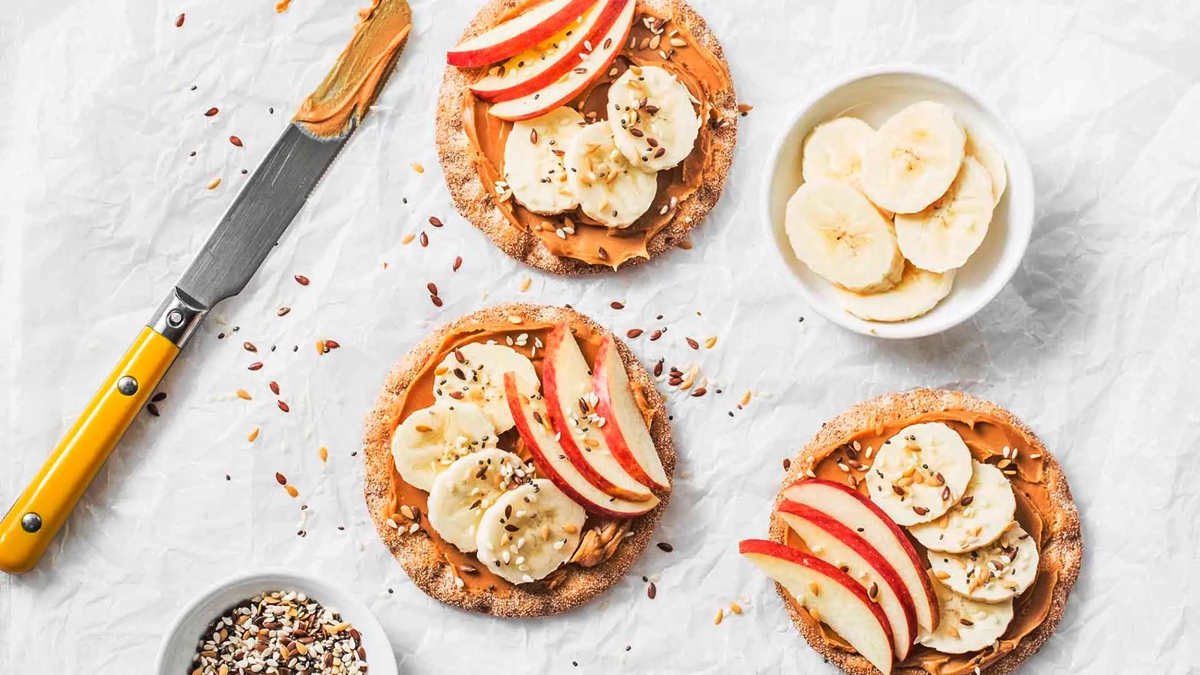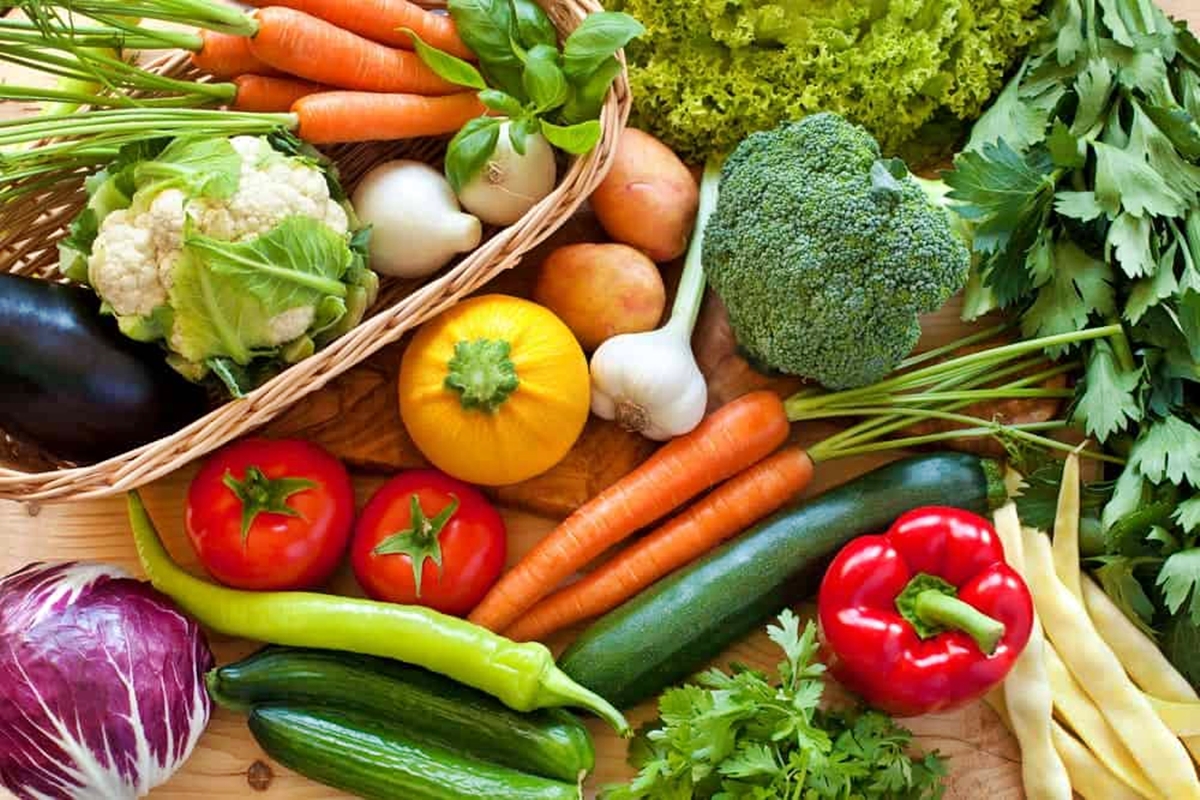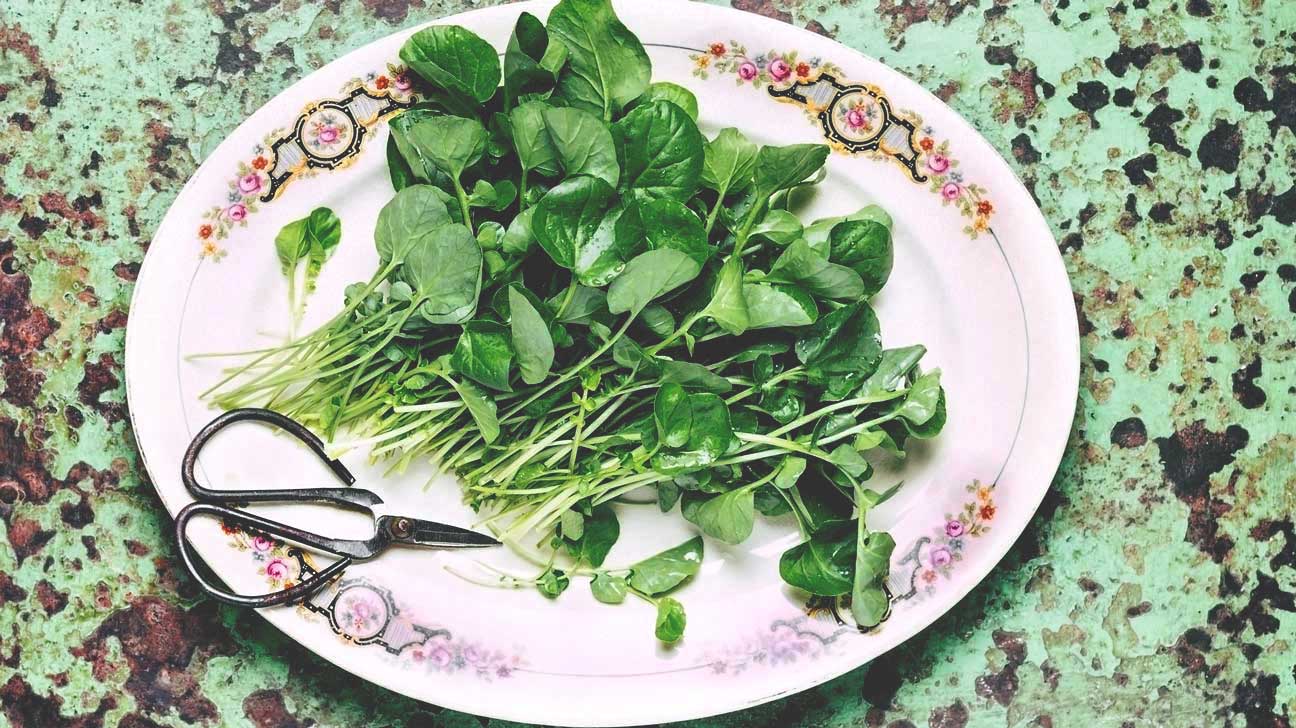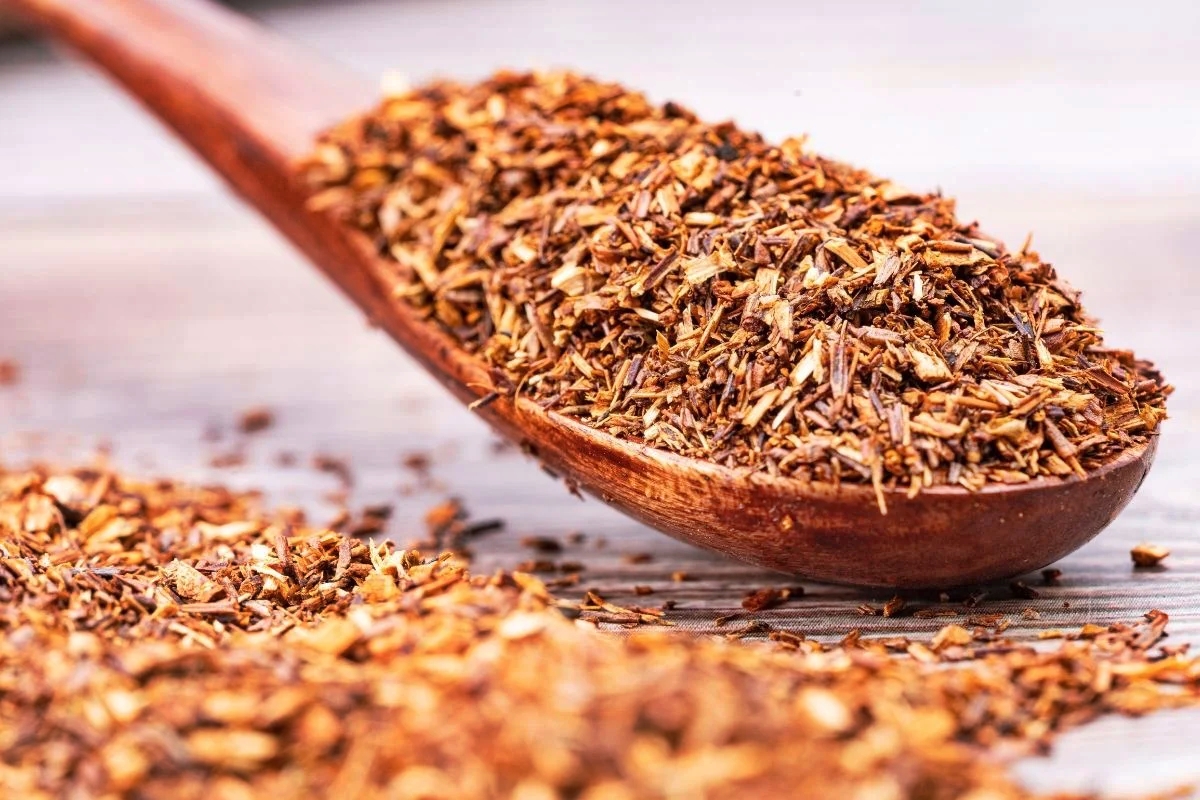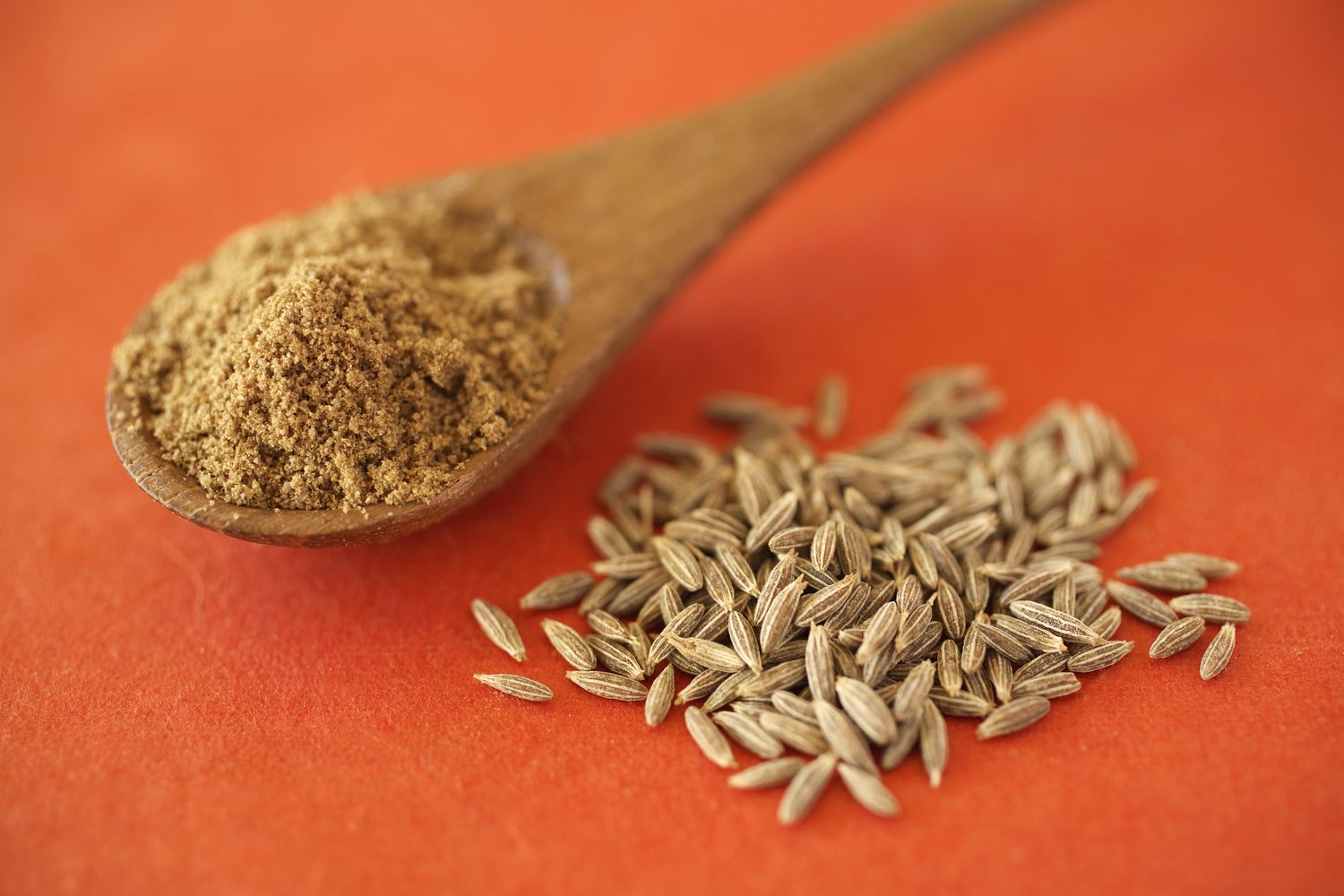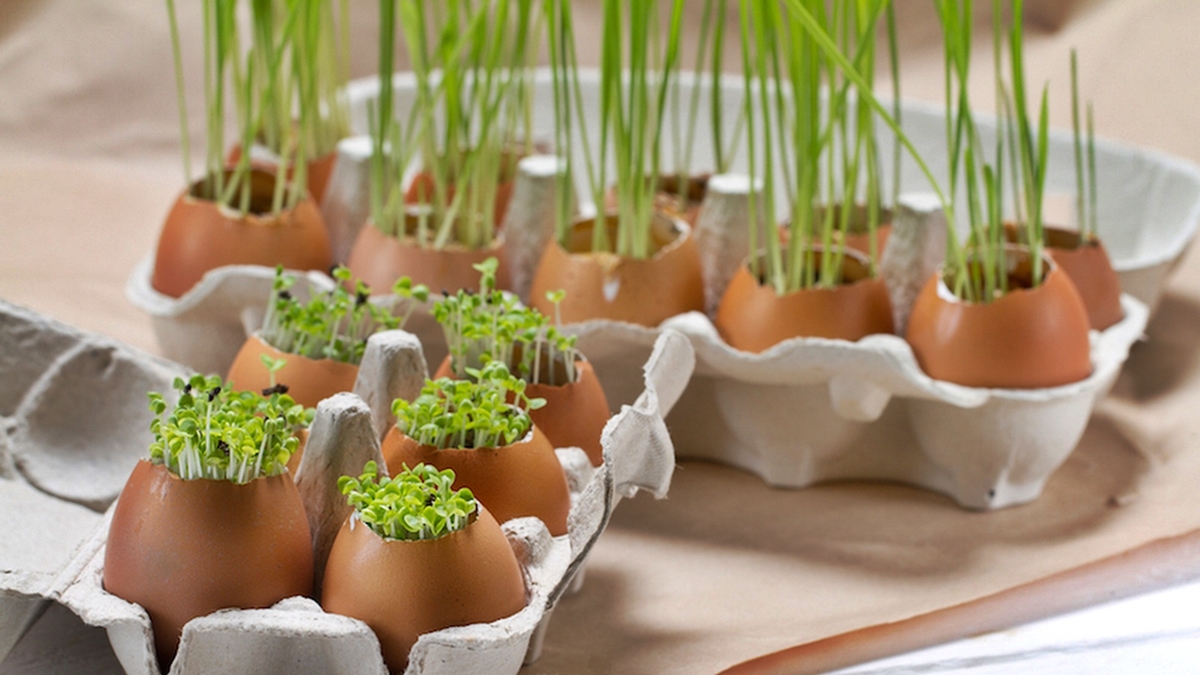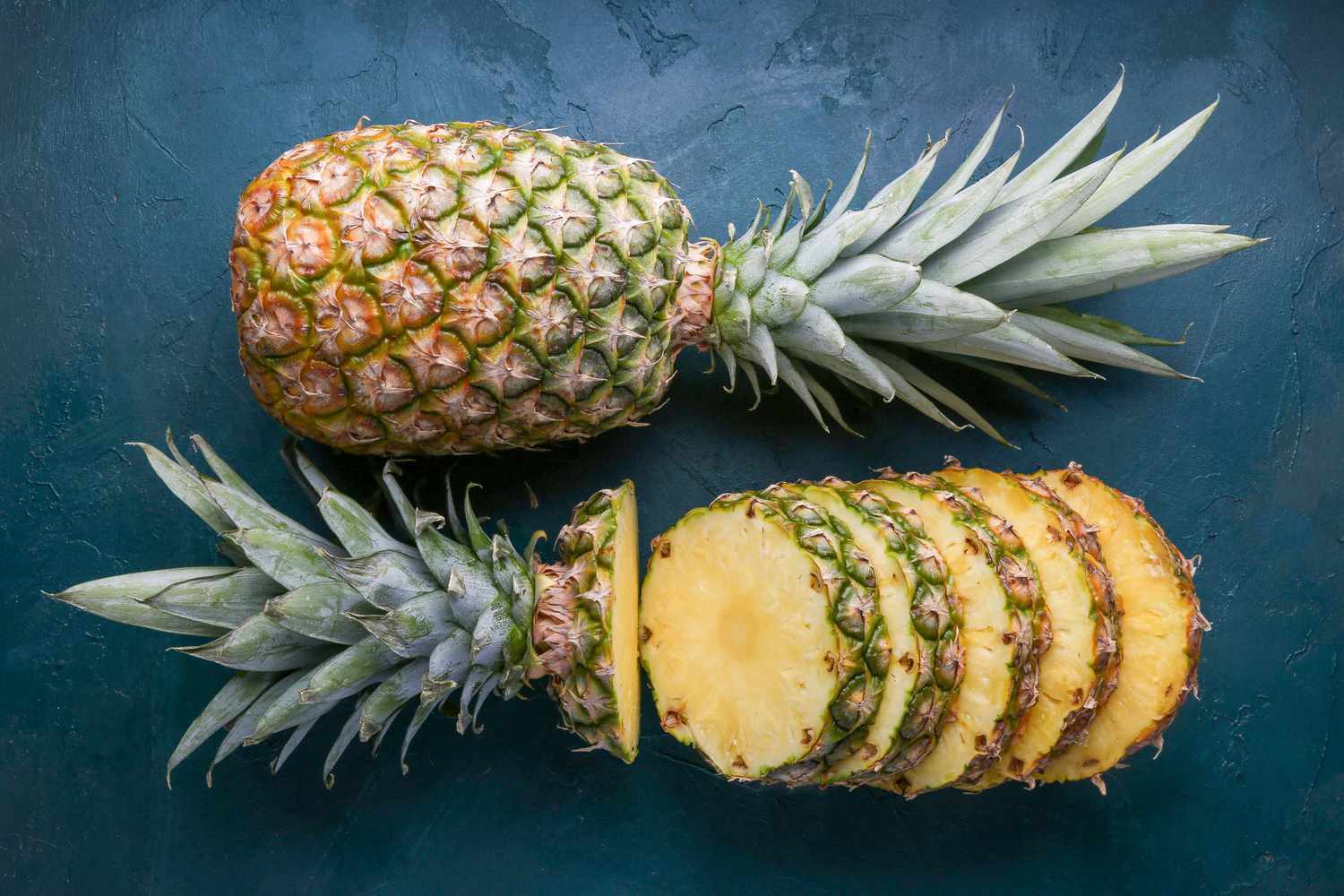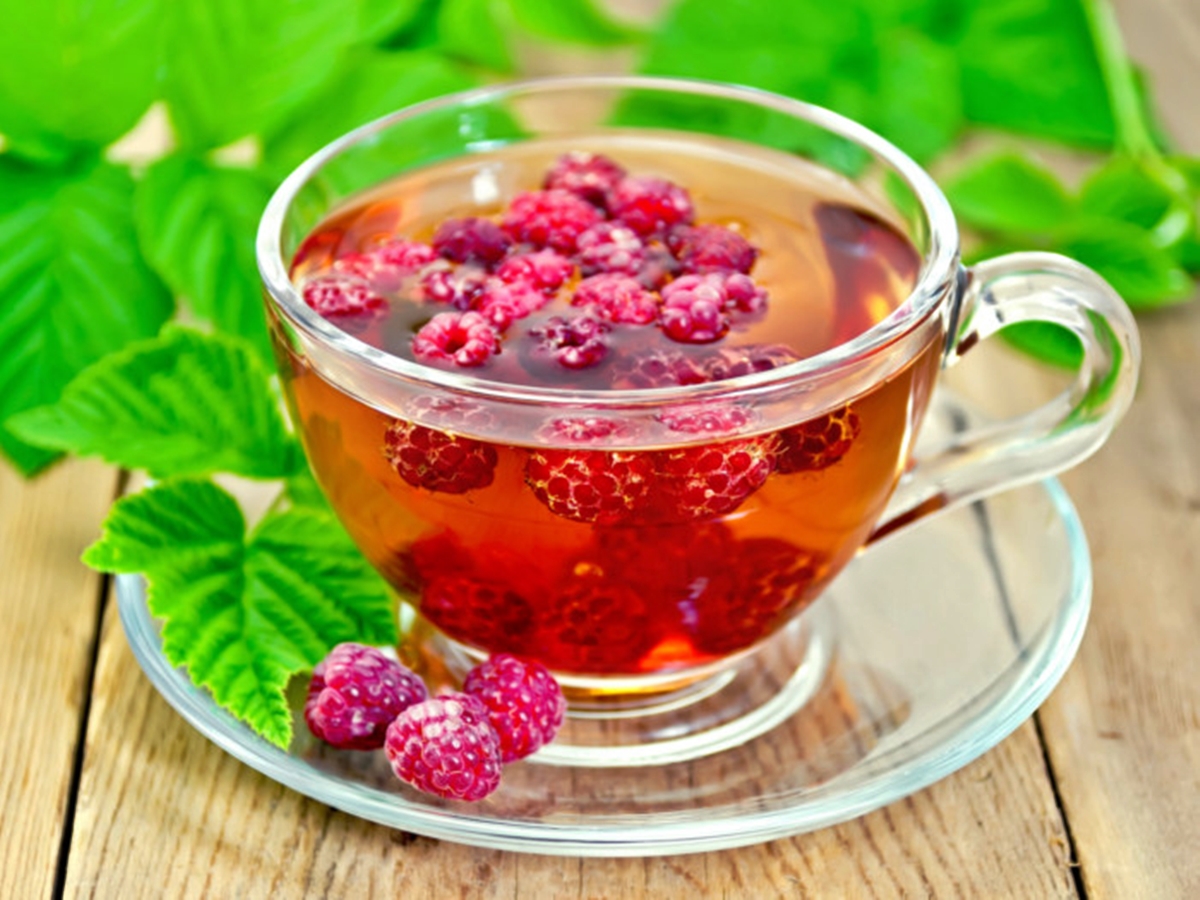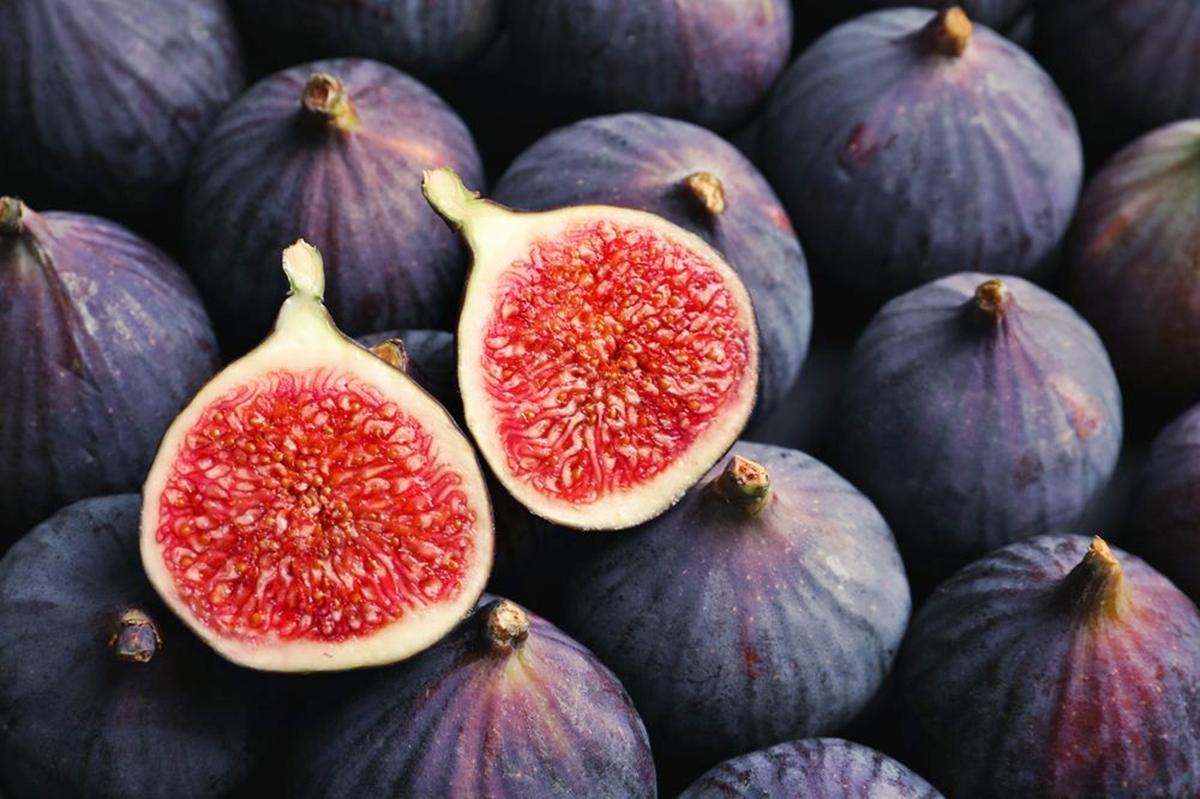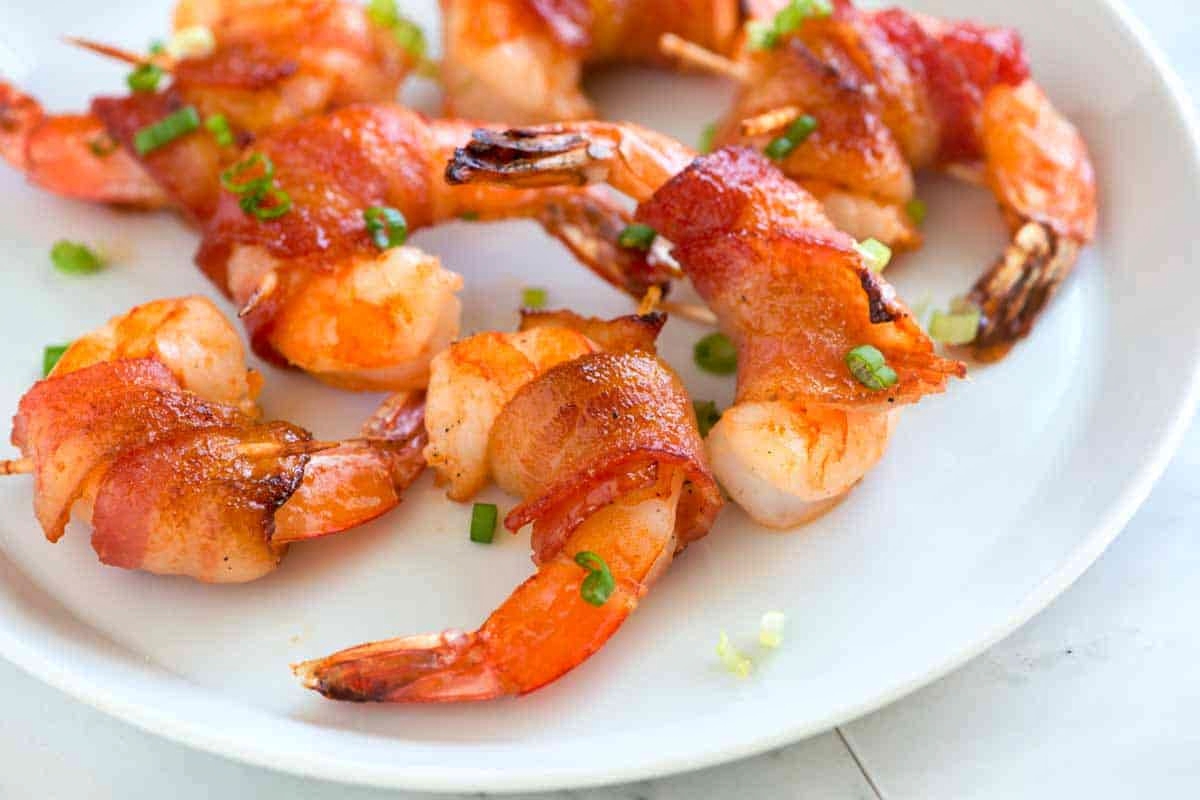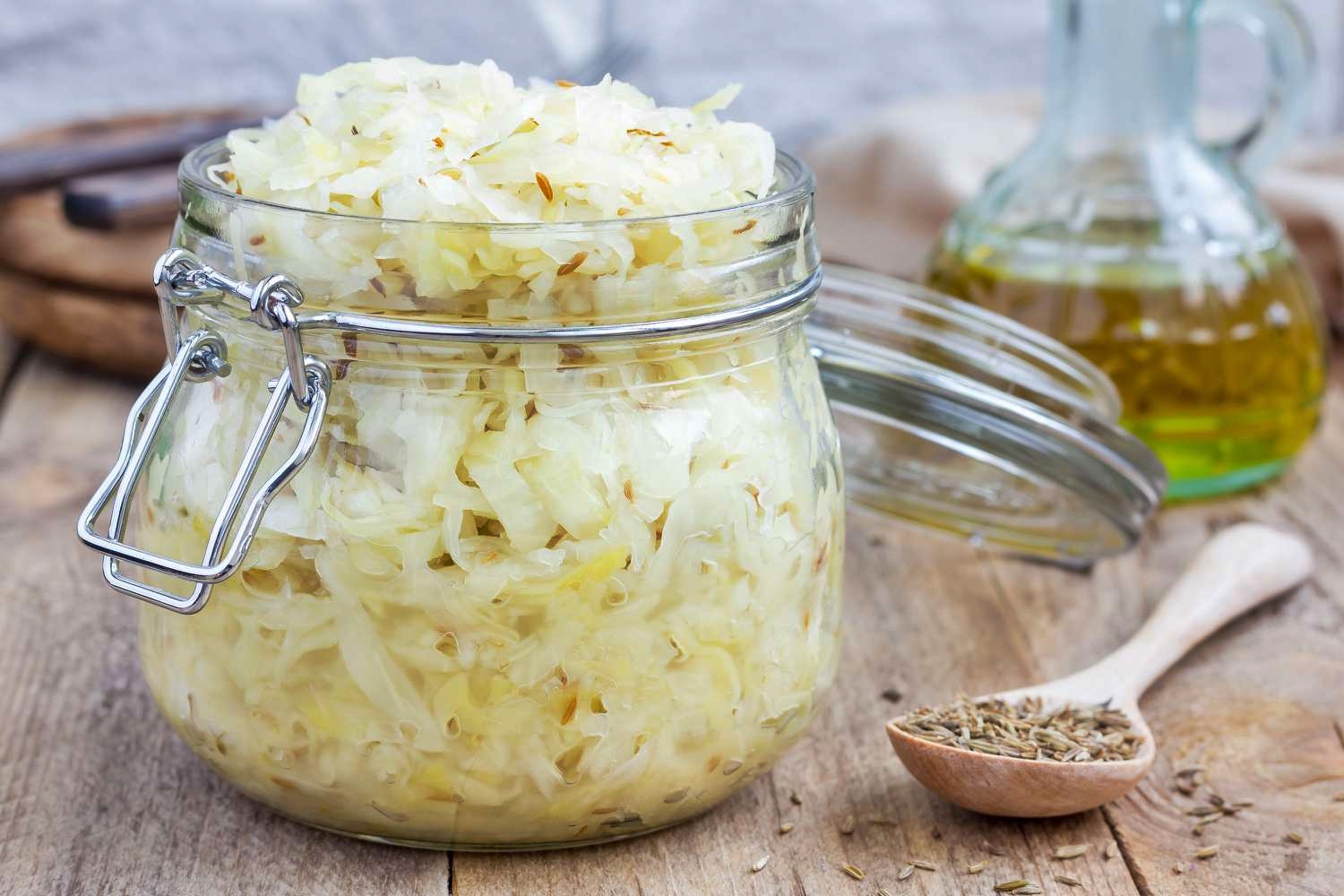What Is A Breastfeeding Diet?
When it comes to breastfeeding, a healthy and balanced diet is essential for both the mother and the baby. As a breastfeeding mother, your body requires additional nutrients to support milk production and maintain your own well-being. In this article, we will explore what a breastfeeding diet entails and provide helpful tips to ensure you and your baby are getting the nutrition you need.
Why is a breastfeeding diet important?
During breastfeeding, your body is working hard to produce milk that provides optimal nutrition for your baby’s growth and development. To support this process, you need to consume additional calories and nutrients. A well-rounded breastfeeding diet not only ensures an adequate supply of breast milk but also helps you maintain your own energy levels and overall health.
What should a breastfeeding diet include?
A breastfeeding diet should consist of a variety of nutrient-dense foods to ensure you are getting all the essential nutrients. Here are some key components to include in your diet:
- Protein: Aim to include lean sources of protein such as lean meats, poultry, fish, eggs, legumes, and tofu in your meals. Protein is crucial for your baby’s growth and helps repair and rebuild tissues in your body.
- Fruits and Vegetables: Fill your plate with a colorful array of fruits and vegetables. They are packed with vitamins, minerals, and antioxidants that benefit both you and your baby. Aim for a variety of options to ensure a diverse nutrient intake.
- Healthy Fats: Include sources of healthy fats in your diet, such as avocados, nuts, seeds, and olive oil. These fats are essential for brain development and help absorb fat-soluble vitamins.
- Whole Grains: Opt for whole grain options like whole wheat bread, brown rice, and oats. They provide essential nutrients and fiber, which aids in digestion and keeps you feeling full and satisfied.
- Dairy or Dairy Alternatives: If you tolerate dairy well, include milk, yogurt, and cheese in your diet to meet your calcium needs. If you follow a dairy-free diet, opt for fortified plant-based milk alternatives like soy or almond milk.
- Hydration: Staying hydrated is vital for milk production. Remember to drink plenty of water throughout the day.
What foods should breastfeeding mothers avoid?
While breastfeeding, it’s important to be mindful of certain foods that may affect your baby. Some babies may show sensitivity or allergic reactions to certain foods that pass through breast milk. Common allergens include cow’s milk, eggs, peanuts, tree nuts, fish, shellfish, and soy products. If you suspect your baby has an allergic reaction, consult with a healthcare professional to determine the best course of action.
How can a breastfeeding mother ensure adequate nutrition?
1. Eat a well-balanced diet: Include a variety of nutrient-rich foods in your meals to ensure you are getting all the necessary nutrients for you and your baby.
2. Take a prenatal vitamin: Continuing with your prenatal vitamin or adding a specific breastfeeding supplement can help fill in any nutritional gaps.
3. Listen to your body: Pay attention to your hunger and fullness cues. Breastfeeding can increase your appetite, so it’s important to eat when you’re hungry and stop when you’re satisfied.
4. Stay hydrated: As mentioned earlier, hydration is key to milk production. Drink water throughout the day and aim to have a glass of water handy while breastfeeding.
5. Get support: Joining a breastfeeding support group or speaking with a lactation consultant can provide valuable advice and guidance on maintaining a healthy breastfeeding diet.
Remember, every breastfeeding journey is unique, and what works for one mother may not work for another. It’s essential to listen to your body, follow your healthcare provider’s recommendations, and make adjustments to your diet as needed. By following a well-balanced, nutrient-rich breastfeeding diet, you are giving your baby the best start in life while also taking care of your own well-being.
